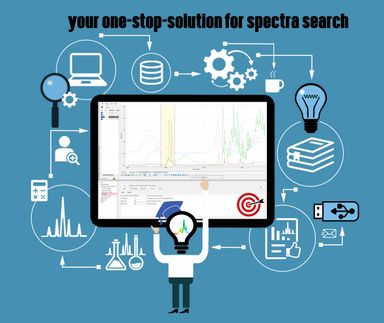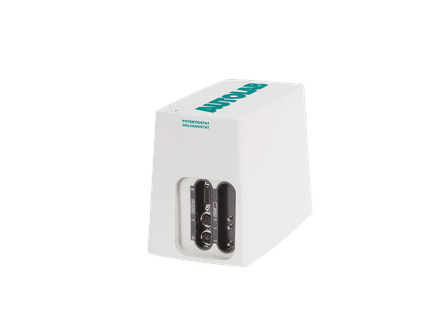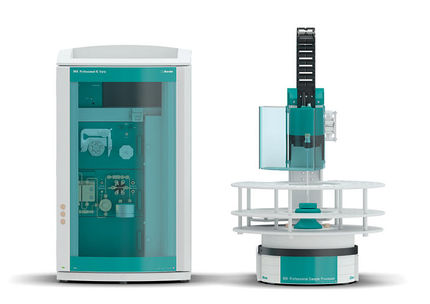To use all functions of this page, please activate cookies in your browser.
my.chemeurope.com
With an accout for my.chemeurope.com you can always see everything at a glance – and you can configure your own website and individual newsletter.
- My watch list
- My saved searches
- My saved topics
- My newsletter
Ernest J. Sternglass
Ernest J. Sternglass (born 1923, Berlin) is a Ph.D. American physicist and author, best known for his efforts to raise public awareness about the health risks of low-level radiation from atmospheric testing of nuclear weapons and from nuclear power plants. He is an emeritus professor at the University of Pittsburgh. Product highlight
BiographyBoth of Sternglass' parents were physicians. The Sternglass family left Germany in 1938, when Ernest was fourteen. He completed high school at the age of sixteen, then entered Cornell, registering for an engineering program. His family's financial troubles forced him to leave school for a year; by the time he returned to Cornell, the US had entered World War II. Sternglass volunteered for the navy. He was about to ship out when the atomic bomb was detonated over Hiroshima. After the war, Sternglass married. In Washington, D.C. he worked as a civilian employee at the Naval Ordinance Laboratory, which researched military weapons. Sternglass began studying night vision devices, which led him to work with radiation. In 1947, his first son was born, and he got a chance to meet Albert Einstein. From 1952 to 1967 Sternglass worked at the Westinghouse Research Laboratory. All his work there involved nuclear instrumentation. At first he studied fluoroscopy, which "exposes an individual to a considerable dose of radiation." Then he worked on a new kind of television tube for satellites. Eventually he was put in charge of the Lunar Station program at Westinghouse. In the early 1960s Sternglass ran across the work of Dr. Alice Stewart. Stewart was head of the Department of Preventive Medicine of Oxford University, responsible for a pioneering study on the effects of low-level radiation in England. Stewart had discovered that a small amount of radiation to an unborn child could double the child's chances for leukemia and cancer. Sternglass was also upset by people such as Herman Kahn who minimized the dangers of atomic war. He has noted that Linus Pauling had been warning people all through the fifties that there was no safe threshold of radiation. Sternglass spent the 1960s studying the effect of nuclear fallout on infants and children. He found not only an increase in leukemia and cancer, but a significant increase in infant mortality. In 1963, Dr. Sternglass testified before the congressional Joint Committee on Atomic Energy regarding the level of strontium-90 in baby teeth. The result of bomb-test fallout, strontium-90 was associated with increased childhood leukemia. His studies played a role in the Partial Test Ban Treaty signed by President John F. Kennedy. Sternglass is Director, Cofounder, and Chief Technical Officer of the Radiation and Public Health Project (RPHP). On a different note Dr. Sternglass has written a book called Before the Big Bang: the Origins of the Universe, in which he offers a compelling argument for Lemaitre's provocative theory of the primeval atom. He offers compelling technical data showing the plausibility of an original super massive relativistic electron-positron pair. This particle contained the entire mass of the universe and through a series of 270 divisions created everything that now exists. If true, this would help ameliorate some of the problems with the current models, namely inflation and black hole singularities. See also
Books
References
|
|||
| This article is licensed under the GNU Free Documentation License. It uses material from the Wikipedia article "Ernest_J._Sternglass". A list of authors is available in Wikipedia. |







